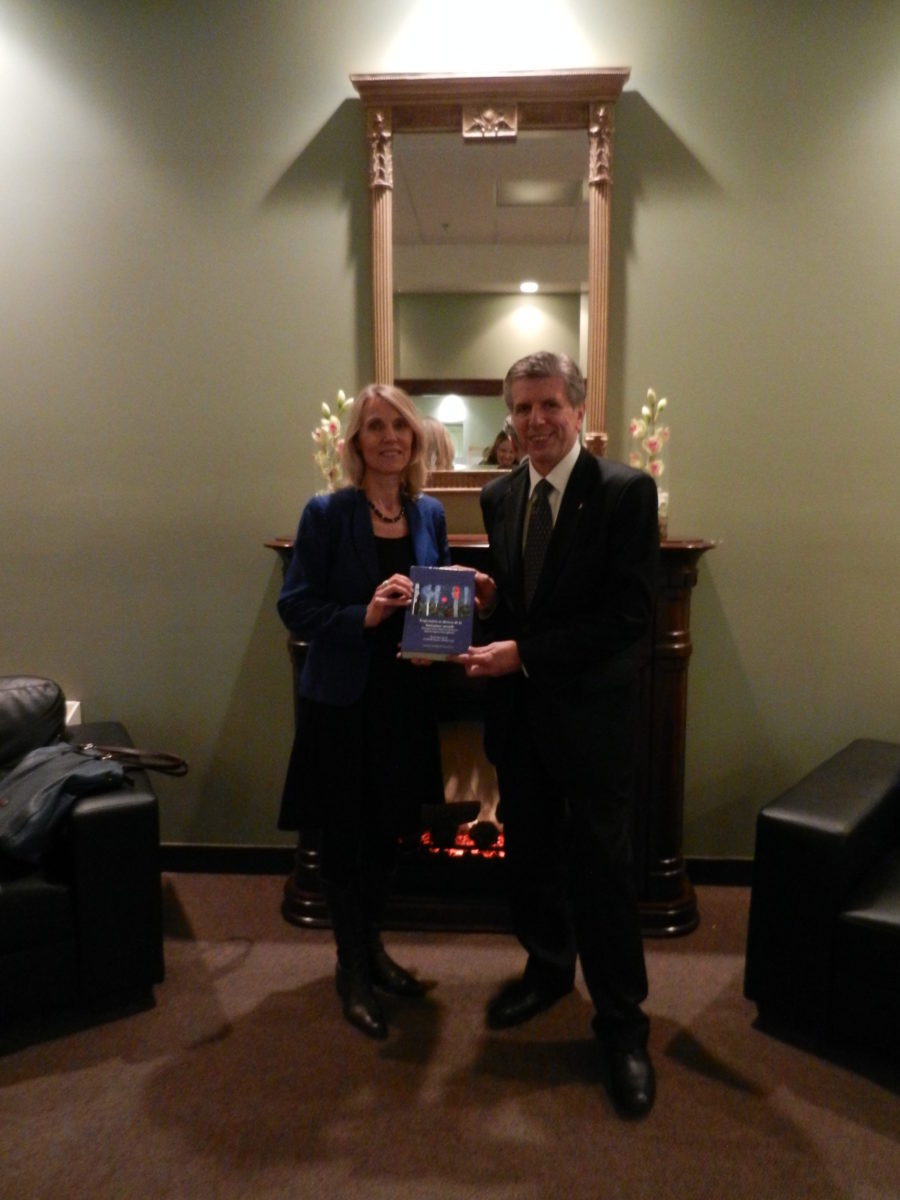

Paris is the city of lovers, the home of the Eiffel Tower and the reason for a new revolution fought with words.
“French cultural imperialism discriminates against writers who are not from France,” said Cécilia Francis, the STU chair of the department of romance languages.
“France refuses to identify itself with what we call La Francophonie.”
The capital of France is the central location for many publishing companies of French literature – French literature and francophone literature to be exact.
While French literature is written by authors from France, francophone literature includes the works of French-speaking authors originally from other countries, mostly former French colonies.
On first thought, they appear to be the same, since both are written in the French language. However, France keeps a distinction between the two of them. Books written by francophone authors are “second class” compared to the higher French literature, as Francis describes the situation francophone writers are now trying to change.
Francis recently published her book “Trajectoires et dérives de la littérature-monde. Poétiques de la relation et du divers dans les espaces francophones” that deals with this revolution in francophone literature. Together with Robert Viau, French professor at UNB, Francis edited in a two year process essays by 30 authors from around the world.
“This is only the second book in Canada on the theme,” she said.
The first spark for this debate was a manifesto signed by 44 award-winning authors and published in the French newspaper Le Monde on March 16, 2007.
“These writers that were part of this manifesto would like to see a better inclusion of themselves in the notion of French literature and so they’re talking about une littérature-monde en français, a French World literature,” said Francis.
“They feel that generally language and creativity should be freed from a pact with a nation. That an artist should be free to explore ideas without any kind of labels on them.”
Since the manifesto got negative press in France, most books dealing about the issue have been published outside of the country.
Francis organized an international conference in Fredericton in 2010 about the distinction between French and francophone literature. She said New Brunswick is a great place to have open debates.
“We’re between Québec, we’re between Acadia, we have the First Nations, we are at a wonderful crossroad to deal with ideas that deal with identity and language.”
Another big crossroad is globalization. People like authors move to different places and communicate with other writers around the francophone world, which includes former French colonies who always had a more subordinate role in the relationship to France, Francis said.
Francophone writers often criticized colonialism, but 50 years after the end of colonization, a new generation of writers publishes “strong, evocative works,” exploring all kinds of concepts.
“It will be quite different and appealing to readers around the world who read French and who want to read something new, something fresh.”
According to Francis, their literature helps us to understand their nation better. It brings in aspects of their culture, their language and expressions, and even mental concepts, which will enter their writing.
“It can be integrating certain words, it can be the invention of new words, it can be concepts, it can be attitudes. It can even be the rhythm of language,” she said.
“For example, Arabic is extremely musical and melodious, and a writer may have that enter in his or her writing in French.“
While francophone authors are enriching the French literature, they are still being considered “second-class writers.”
“Paris has always had a very, very strong leadership role, a very dominating role on dictating culture, publications [and] literature,” said Francis who’s confident about the movement’s progress.
“I think there will be greater multiculturalism in all societies. There will be greater recognition of writers that do not reflect the high culture.”
